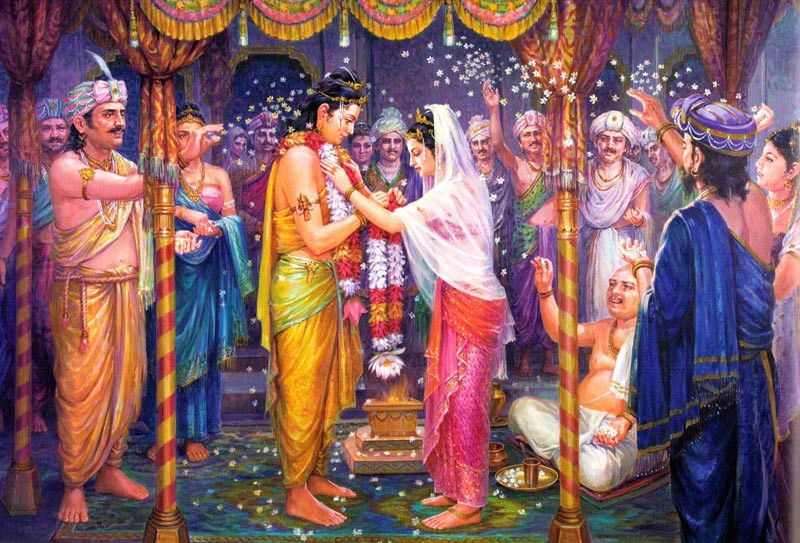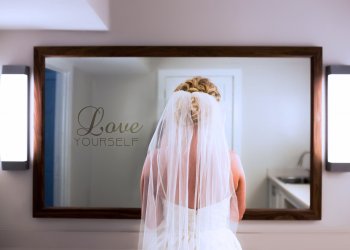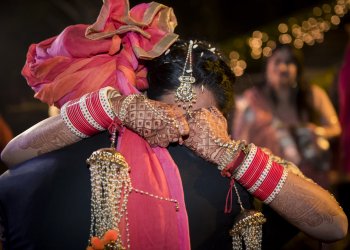Marriage or matrimony is the socially recognized way of two people coming together in union as life partners or spouses. Traditionally, a marriage is more of a religious ceremony than legal or social occasion in many cultures. Every religion has its own unique view and ways of joining two people in this union called matrimony.
The Buddhist way of looking at marriage is very liberal. In Buddhism, marriage is not a religious duty; it is rather an individual and personal concern.
Buddha’s view does not regard marriage as a sacrament consecrated in heaven nor as a religious obligation. Marriage is rather a social obligation in Buddhism; it does not thrust marriage down our throat as a compulsion. Two people being in a committed, sustaining, and loving relationship is what is required for a marriage; they can choose to celebrate that love with their friends and family in a socially accepted way or they can ditch all the ceremonies of it. The prerequisites for marriage are love, commitment, responsibility and honor. The ceremonies to mark the union in love are secondary.
The Ceremony
Like Buddha’s life and his philosophy, Buddhist marriages are sweet and simple. Like many other religions, Buddhist marriages do not rely on austere rituals to mark the ceremony. It is also not necessary that the marriages have to take place in a Buddhist temple only. A Buddhist marriage ceremony is very secular and flexible in nature; it can be organized in a Buddhist place of worship or a register office. There is no set format for the wedding, there are no rituals or observances, and there is no priest to preside over the ceremony. The wedding ceremony rather takes influences from the culture of the place it is performed. It usually blends into the local culture and incorporates its elements. The couple can although visit a Buddhist temple for blessing after the ceremony.
Buddhism does not stipulate an auspicious time to get married; you can get married at any time of the day under Buddhist philosophy. There are no special days as well; you can get married any month or day of the year. Also, there are no days on which it is forbidden to get married.
The Concept
The only necessity is a good understanding of the philosophy and teachings of the religion to get married under the Buddhist ceremony. The couple cementing their relationship should possess a deep understanding of Buddha’s teachings, the duties of husband and wife and their mutual obligations.
The most interesting factoid that sets Buddhist marriage apart is that it vouches for equality among partners. Though the religion was formed thousands of years back, its ideologies are far ahead of its time. While many religions proffer an upper hand to the husband in a marriage, Buddhism endorses egalitarianism. It is evident in responsibilities dictated to the husband and wife. The wife is advised to be faithful, well organized, it is her responsibility to take good care of her in-laws and manage her husband’s wealth. The husband on the other hand is directed to share his authority with his wife along with being faithful, loving, and supporting.
In a nutshell, Buddha wanted married couples to be responsible to one another above all else. They should honor and respect each other. Ultimately, the ideology of marriage boils down to a mutually beneficial relationship which is nurtured by love, respect, trust and honoring each other.






















